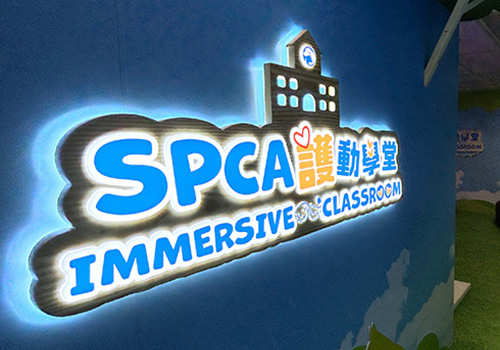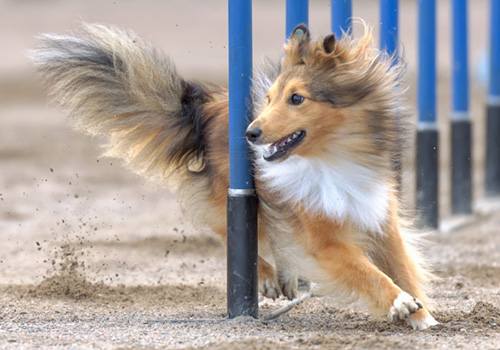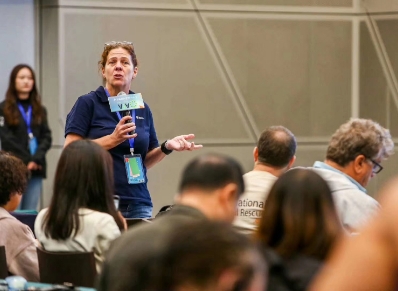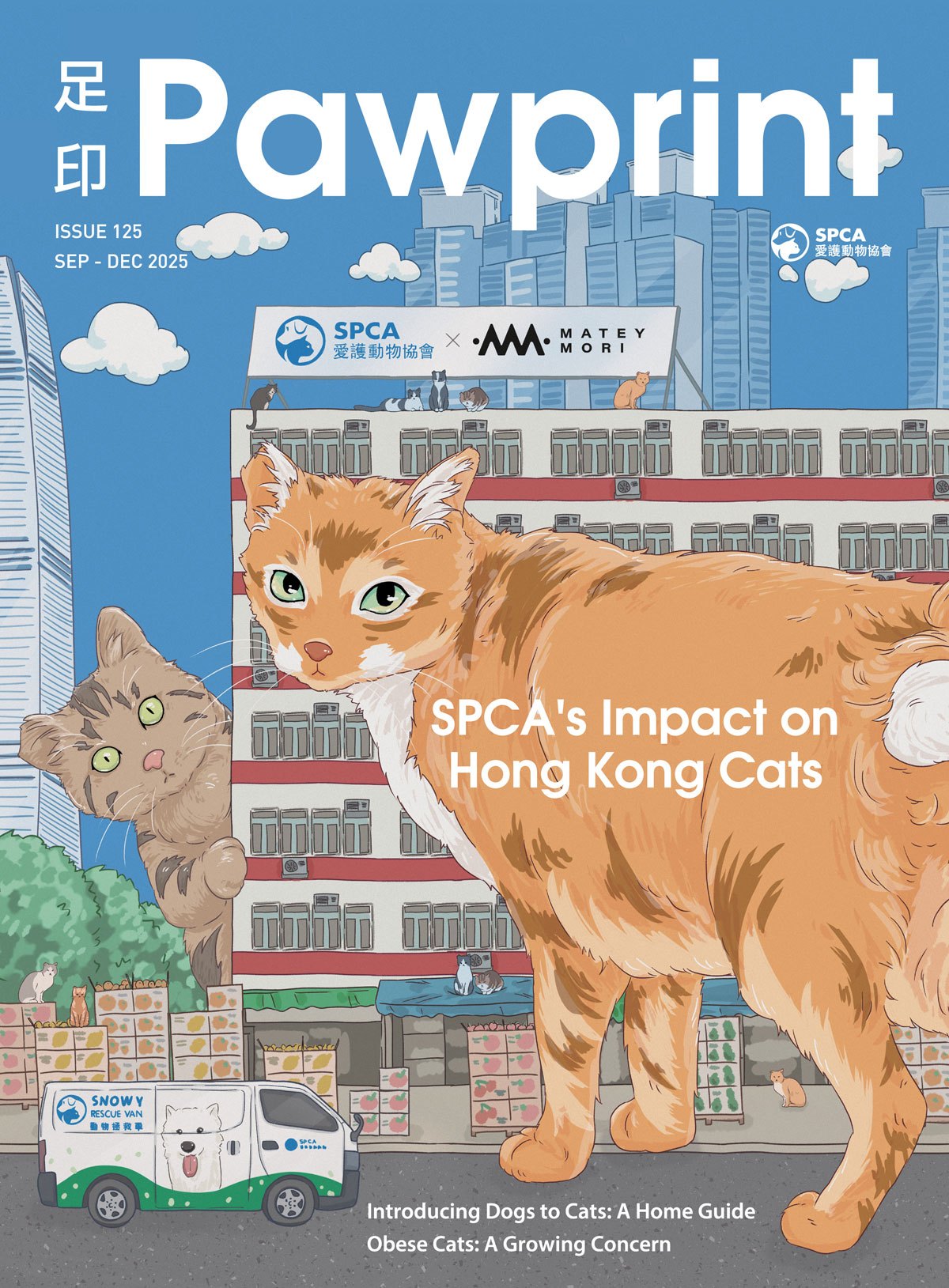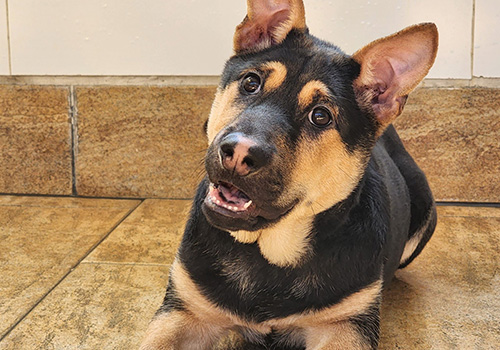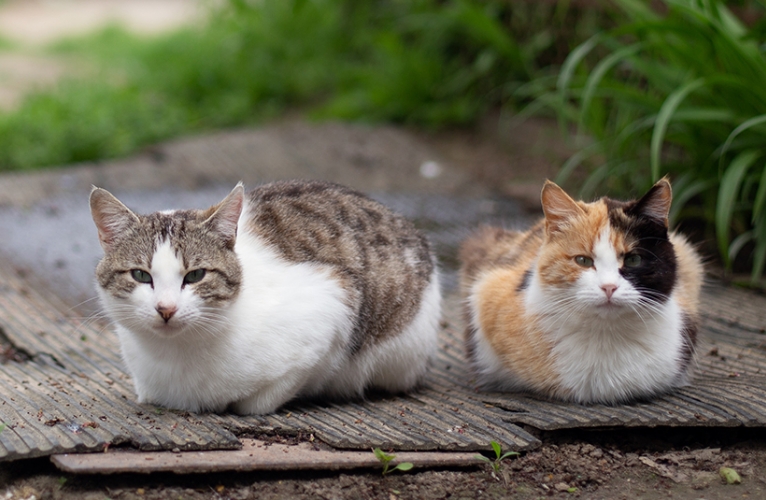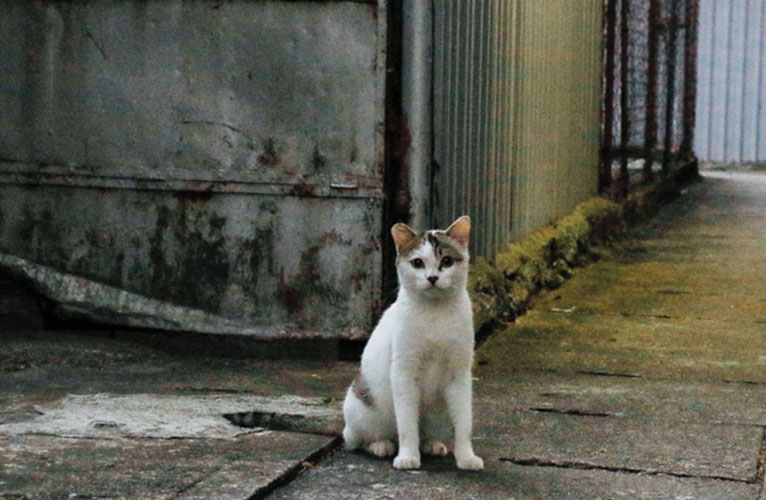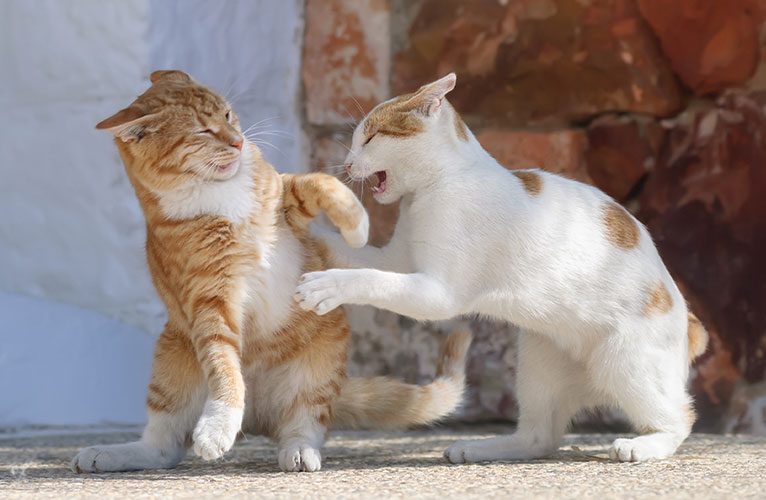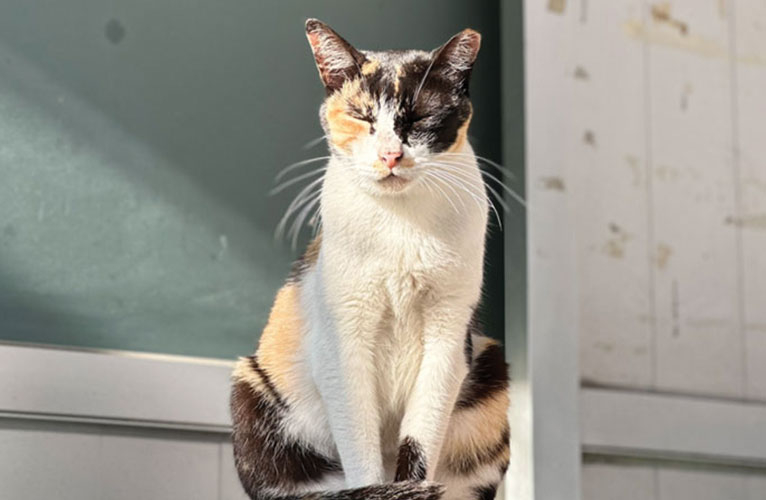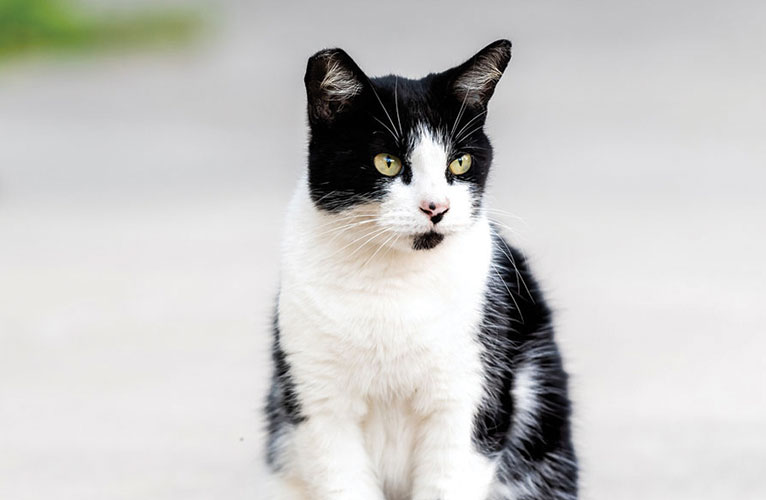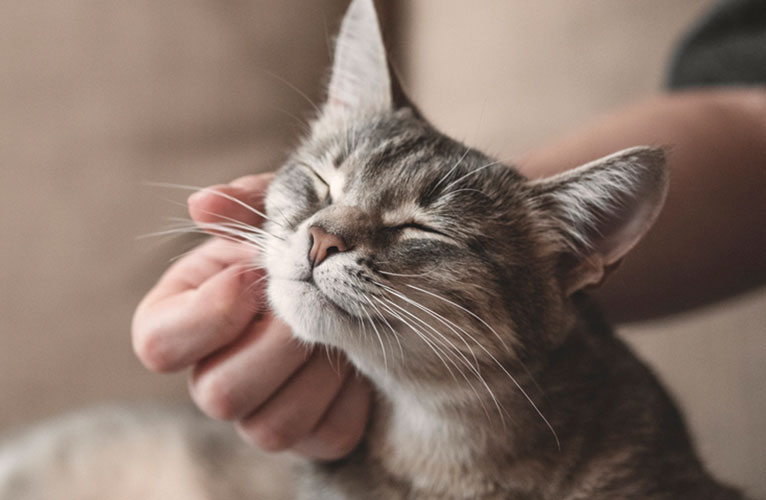Benefits of the Programme
The biggest complaints about street cats relate to their mating behaviour and the nuisance this causes through yowling, fighting, and marking territory with pungent urine. The CCCP helps to counter most of these but offers many other advantages too:
- Desexed cats vocalise, roam and spray less;
- Desexed cats cannot reproduce, therefore reducing the number of suffering, diseased and dying kittens on the street;
- A desexed cat colony stabilises and then decreases to a manageable level in the long run;
- Sick street cats are removed from the colony, thus preventing disease and ensuring a healthy community;
- Desexed cats are vaccinated against rabies by the SPCA to help keep Hong Kong as a Rabies-free area;
- With a reduction in cat numbers and related mating behaviours, the number of complaints decrease, and the risk of these cats being cruelly treated also reduce;
- Fewer cats are euthanased;
- Desexed street cats continue to deter rats and other vermin.
Challenges to the CCCP
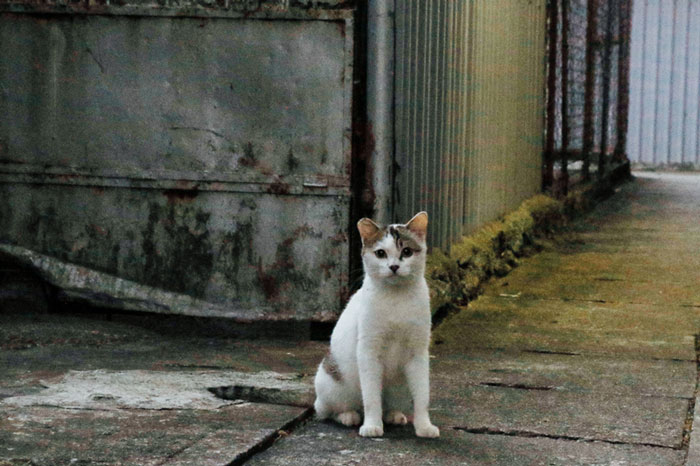
The CCCP controls the number of cats through the method of “trapping street cats, neutering them and then returning them to their colonies” where they are fed and cared for by registered volunteer carers. CCCP aims to control the breeding of cats in a colony area by sterilisation. With an increased number of neutered cats, it is expected to lower the overall number of street cats to a manageable level in the long run.
It is worth remembering that the CCCP is not a cat feeding programme; it is about reducing street cat populations through desexing.
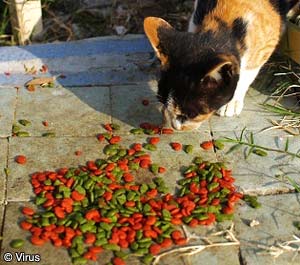
Kind-hearted people often leave food for street cats but they do not realise the wider impact of their actions on the colonies — leftover food that is not cleaned up after feeding not only attracts pests and causes hygiene problems, but can also turn residents against the cats, instead of the carers responsible for their feeding behaviours in the first place. When environmental hygiene is affected, residents may file complaints to related departments. And when the government receives complaints, there are chances that street cats are caught by the authorities, negatively impacting the outcomes of the desexing programme.
Registered volunteer carers of the CCCP provide food to street cats regularly to gain their trust which helps to assist the capturing and monitoring of their welfare status. Volunteer carers also help to manage cat colonies, tidiness, and the hygiene of the surroundings.
According to Hong Kong Legislation Cap. 132B Pleasure Grounds Legislation, feeding animals in any pleasure grounds is not allowed. Offenders may be fined HK$2,000 and imprisoned for up to 14 days. Outside of these specific areas, failure to clean up, anywhere, constitutes a littering offence under Hong Kong law Cap 570 Fixed Penalty (Public Cleanliness and Obstruction) Ordinance and carries a penalty of HK$3,000. Starting from 1st August 2024, the newly amended Cap 170 Wild Animals Protection Ordinance has stated that feeding wild animals and feral pigeons is an offence. The feeding ban is applicable to all places in Hong Kong, including private places or premises. The maximum penalty for illegal feeding is a fine of HK$100,000 and imprisonment for one year with a fixed penalty of HK$5,000 introduced.
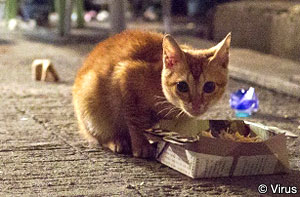
Some owners, e.g. shopkeepers, keep their cats confined during the day and then release them at night to roam (or vice versa). These owned, undesexed cats mate with other street cats, resulting in an increase in the cat population in the area. They may also cause nuisance at night as well as hygiene problems, affecting the livelihood of residents.
Please be a responsible cat owner: desex your cat and ensure it has a collar with a name tag. Be very careful about letting your cat roam on the street; it greatly increases its chances of being hit by a car or being attacked by a dog.
Please be reminded that CCCP only sterilises street cats and not owned cats, who should be cared for by their owners and desexed in clinics.
A constant challenge to the CCCP is the abandonment of pet cats. These could be unwanted kittens from undesexed pet cats, or owners who move and leave their pet cats behind. Regardless of the source, these cats pose a challenge to both the community as well as CCCP carers, who find new cats in their colonies and have to work extra hard to trap and desex the street cats, while identifying and removing the pet cats for adoption.
Pet cats abandoned on the street often live very short, traumatic lives. They are used to living in a home and having all their needs met by their owner. Thus, they do not have the survival skills of their feral cousins. Abandoned pet cats are at increased risk of injury from traffic accidents and dog attacks. They are also unlikely to be immediately accepted into the complex hierarchy of a cat colony and are at risk of being bullied and attacked by their fellow felines.
Unlike pet dogs that need to be licensed and microchipped, only animal traders are required to implant microchips in cats to be sold under Hong Kong legislation. While pet cat owners are currently not required to license and microchip their cats, it is hard to distinguish between abandoned pet cats, owned roaming cats, and existing street cats. Currently, both CCCP cats and the rescue cats available for adoption at the SPCA are microchipped by the SPCA for identification; if you find a lost cat, please call our Animal Receiving Department on 2232 5553 who may be able to help.
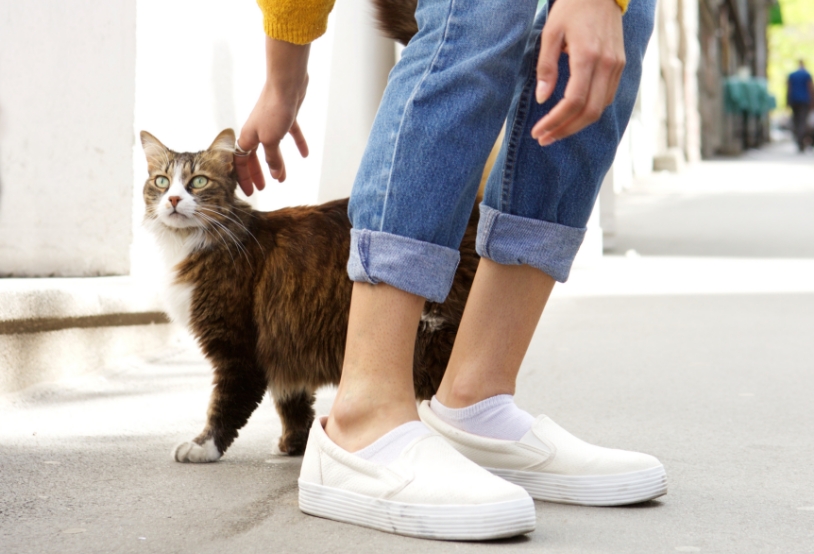
The CCCP is a long-term animal birth control programme. Community collaboration and mutual understanding are essential for the CCCP to work successfully. It requires patience because cat numbers take time to fall and requires the public’s understanding that the CCCP is the most humane way to reduce the street cat population.

